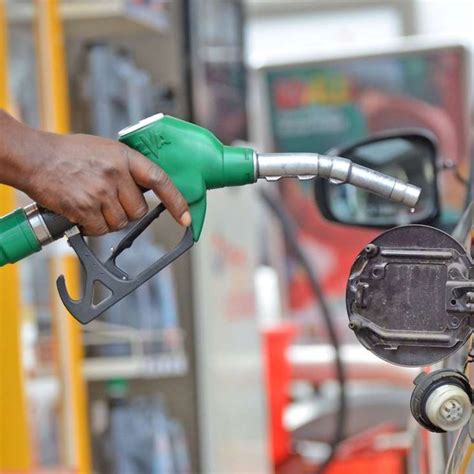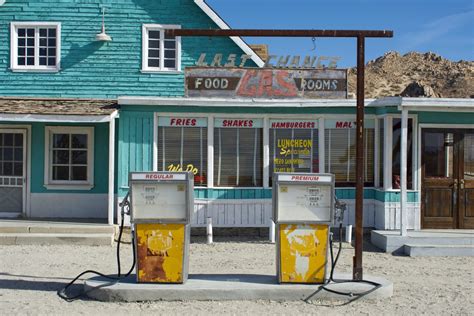Understanding Octane: More Than Just ‘Better’ Fuel
It’s a common belief that filling up with premium-grade gasoline is a surefire way to boost your car’s performance, improve its fuel economy (MPG), or even extend its engine life. After all, it costs more, so it must be better, right? For the vast majority of daily drivers, this simply isn’t true. To understand why, we first need to clarify what octane is and what it does.
Octane is a measure of a fuel’s resistance to pre-ignition, also known as ‘knocking’ or ‘pinging.’ This phenomenon occurs when the air-fuel mixture in your engine’s cylinders ignites prematurely, before the spark plug fires, leading to a loss of power and potential engine damage. Higher octane numbers indicate a greater resistance to this knocking.

When is Premium Octane Truly Necessary?
Premium fuel (typically 91 octane or higher) is specifically designed for engines with high compression ratios or those that are turbocharged or supercharged. These advanced engines generate more heat and pressure within the combustion chamber, making them more susceptible to knocking. Manufacturers of such vehicles (often luxury or performance cars) will explicitly state in the owner’s manual that premium fuel is required or recommended.
If your car’s owner’s manual specifies ‘regular’ (87 octane), then that is precisely the fuel your engine is engineered to run on optimally. Using a higher octane fuel than recommended will not provide any additional benefits. Your car’s engine control unit (ECU) is programmed to optimize performance and efficiency based on the manufacturer’s specified fuel type.
The MPG Myth: Does Premium Fuel Boost Your Miles Per Gallon?
For a vehicle designed to run on regular unleaded, putting premium fuel in the tank will almost certainly not improve your MPG. The octane rating does not indicate the energy content of the fuel; it only denotes its resistance to pre-ignition. Both regular and premium fuels contain roughly the same amount of energy per gallon.
Modern engines are equipped with knock sensors that detect any pre-ignition. If you put regular fuel in an engine designed for premium, the knock sensor will detect knocking and the ECU will retard the ignition timing to prevent damage. This adjustment might slightly reduce performance and efficiency. However, if you put premium fuel in an engine designed for regular, the knock sensor won’t detect anything out of the ordinary, because the engine isn’t prone to knocking with regular fuel anyway. There will be no adjustments to timing, and thus no increase in power or fuel efficiency.

Engine Life: A Premium Fuel Perk?
Another common misconception is that premium fuel, with its higher price tag, must contain special detergents or additives that clean your engine and extend its life. While all gasoline sold in the U.S. (and many other countries) contains detergents to prevent carbon buildup, the concentration of these additives is generally mandated by government regulations (e.g., Top Tier Gasoline standards, which applies to both regular and premium grades from licensed retailers). The octane rating itself has nothing to do with these cleaning agents.
For an engine designed for regular fuel, using premium fuel will not extend its life. Your engine is built to operate efficiently and reliably on the specified octane. Modern engines are incredibly robust, and using the correct fuel as recommended by the manufacturer is the best way to ensure longevity, not by upgrading to a higher octane level unnecessarily.

The Cost Factor: Justifying the Extra Expense
Let’s consider the financial impact. Premium fuel typically costs $0.20 to $0.60 more per gallon than regular unleaded. If you fill up a 15-gallon tank once a week, and premium costs an extra $0.40 per gallon, you’re spending an additional $6 per tank. Over a year, this adds up to over $300 that could be better spent elsewhere, with absolutely no benefit to your car’s performance, MPG, or engine health.
For most daily commuters, that extra cost is simply money wasted. The best practice is to always consult your vehicle’s owner’s manual. If it says ‘regular unleaded,’ stick with it. If it says ‘premium recommended’ but not ‘required,’ you can often use regular without issue, though you might experience a slight, barely noticeable dip in performance under demanding conditions (e.g., towing or driving at high altitudes). If it says ‘premium required,’ then you should absolutely use premium to prevent potential engine damage and ensure optimal performance.

Conclusion: Stick to What Your Car Needs
In summary, for the vast majority of daily drivers, premium octane fuel does not improve MPG or engine life. It’s a common misconception that often leads to unnecessary spending. Your car’s manufacturer has designed its engine to perform optimally with a specific octane rating, which is clearly stated in your owner’s manual. Adhering to that recommendation is the most cost-effective and beneficial approach for your vehicle. Save your money, enjoy your drive, and rest assured that you’re treating your car exactly as it’s meant to be treated.




